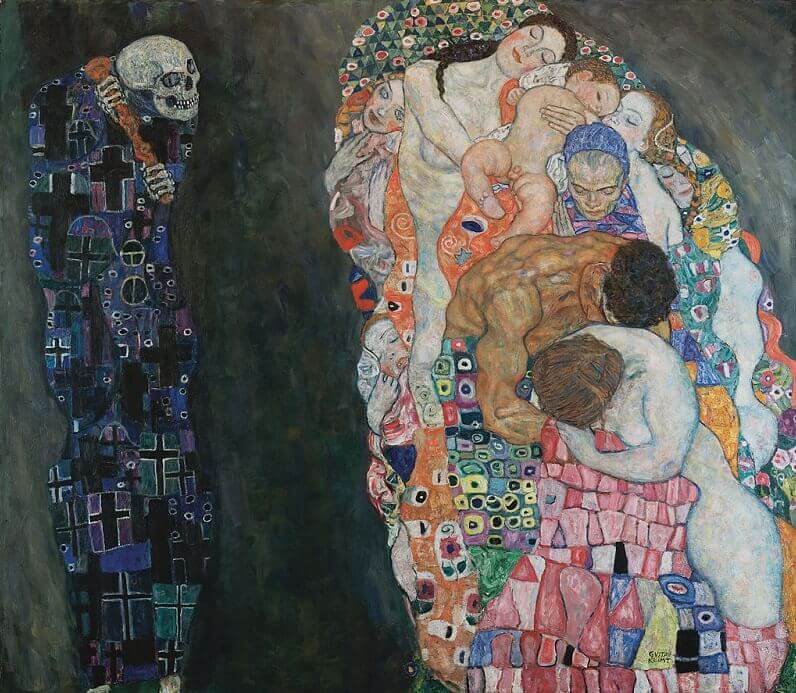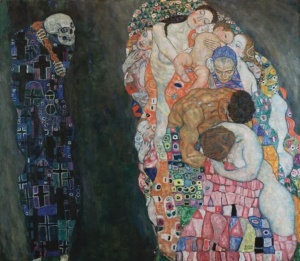Poet Hound
Poetry ideas, inspirational writers, and features of other valuable poetry resources.
Tuesday, August 21, 2012
Frances Livings’ During The Hours
This collection is actually on CD and set to wonderful jazz music. Three poems: Songs of the Soul, The Maliciousness of Words, and During the Hours are featured here. I will tell you that this CD was sent to me at just the right time as I was driving to a conference two hours away and I kept getting lost every single morning trying to find the hotel in downtown Jacksonville, FL. I played the CD when I was at my most frantic and it was soothing and beautiful. Frances Livings has a beautiful voice and the jazz accompaniment pairs perfectly with her words. Zane Musa on saxophone, Brandon Coleman on piano, and Paul Cartwright on violin join Ms. Livings in creating a beautiful CD that I would urge anyone to purchase. Her poems can be seen in their entirety on her website and you can also take a listen for yourself with links there to her work with live music.
Songs of the Soul is complex and lovely, I’ll admit that so many images came to mind listening to it that I have a difficult time explaining what the poem is about. It could be about lovers, musicians striving for depth, it could be about being in the spotlight, as I said, so many images you should listen for yourself.
The Maliciousness of Words is exactly that, how words have power over us and in what ways. This one has sections that made me grin, especially the line “super model boring.”
During the Hours is romantic, about two lovers and their hours together, gentle, soothing, beautiful.
Review of Frances Livings’ “During the Hours” by the Poethound








